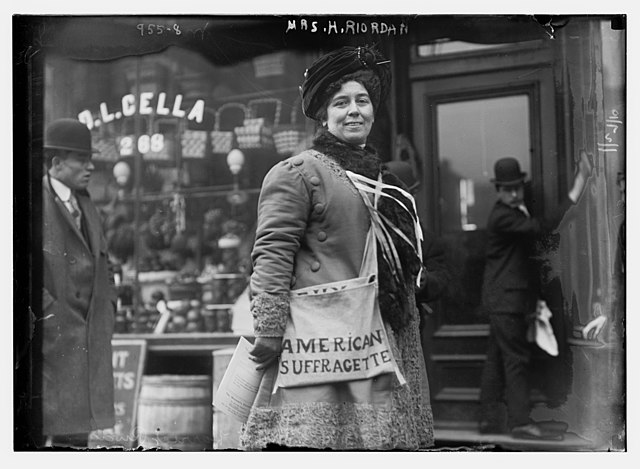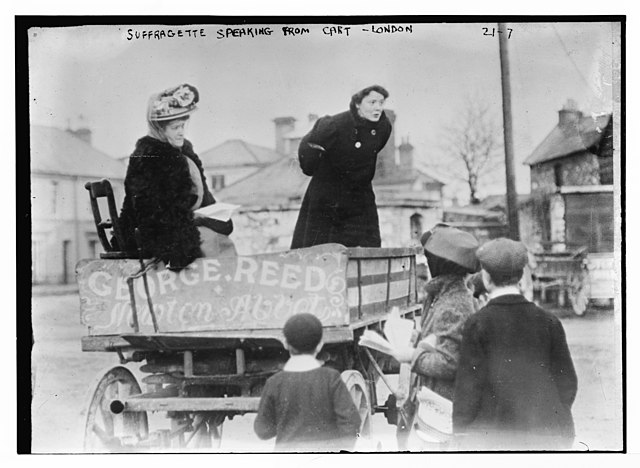
Thammasat University students interested in political science, sociology, psychology, and related subjects may find a new book useful.
Contentious Minds: How Talk and Ties Sustain Activism by Florence Passy and Gian-Andrea Monsch is an Open Access book available for free download at this link.
https://global.oup.com/academic/product/contentious-minds-9780190078027
The Thammasat University Library collection includes several books about different aspects of political activism.
Associate Professor Florence Passy teaches political science at the University of Lausanne, Switzerland. Dr. Gian-Andrea Monsch is a Senior Researcher at the Swiss Centre of Expertise in the Social Sciences based at the University of Lausanne, Switzerland.
Contentious Minds underlines that political activists rely on synchronized minds achieve collective action.
By acting simultaneously towards the same goals, they can develop shared meanings about the aim and means of activism.
This process leads them to perceive common good (aim) and politics (means) through a shared process of understanding.
Associate Professor Passy and Dr. Monsch investigate how activists share the same mental timing within a community of people working for the same social progress. They look at how points of view of some participants may differ without damaging the progress of their plans.
How activists synchronize understandings of common good and politics is a related issue. Understanding how the minds of activists work is necessary for realizing the essential role played by thought in political action.
They conclude that some people become activists because they are redefining their goals in life, while others develop new understanding after they have already started to be activists.
Social interactions help people build shared meanings that allow them to think in one direction at the same time.
One such meaning is their relationship to the common good, which is the primary aim of activism.
Contentious Minds notes: “Activists develop a particular notion of common good either before joining an action or during it.”
What activists think about political citizenship is useful to understand because their ideas of political citizenship in society are expressed through their actions.
Participative democracy relies on politically active citizens who get involved beyond just voting.
Yet there are many different viewpoints on how a good citizen should behave.

Here are some thoughts about activism by different authors, most of whom are represented in the TU Library collection:
My point is not that everything is bad, but that everything is dangerous, which is not exactly the same as bad. If everything is dangerous, then we always have something to do. So my position leads not to apathy but to a hyper- and pessimistic activism. I think that the ethico-political choice we have to make every day is to determine which is the main danger.
- Michel Foucault, “On the Genealogy of Ethics: An Overview of Work in Progress.” Afterword, in Hubert L. Dreyfus and Paul Rabinow, Michel Foucault: Beyond Structuralism and Hermeneutics
Open your mouth, judge righteously, and defend the rights of the poor and needy.
- Solomon, Proverbs 31:9
I’ve often thought that if our zoning boards could be put in charge of botanists, of zoologists and geologists, and people who know about the earth, we would have much more wisdom in such planning than we have when we leave it to the engineers.
- William O. Douglas, remarks at conference sponsored by the American Histadrut Cultural Exchange Institute, Harriman, New York (February 17–19, 1967); reported in Judd L. Teller, ed., Government and the Democratic Process; A Symposium by American and Israeli Experts (1969)
When the well’s dry, we know the worth of water.
- Benjamin Franklin, (1706-1790), Poor Richard’s Almanac
Earth provides enough to satisfy every man’s need, but not every man’s greed.
- Mohandas K. Gandhi; quoted in EF Schumacher, Small Is Beautiful
Our way of walking on the Earth has a great influence on animals and plants. We have killed so many animals and plants and destroyed their environments. Many are now extinct. In turn, our environment is now harming us. We are like sleepwalkers, not knowing what we are doing or where we are heading. Whether we can wake up or not depends on whether we can walk mindfully on our Mother Earth. The future of all life, including our own, depends on our mindful steps.
- Thích Nhất Hạnh in The World We Have: A Buddhist Approach to Peace and Ecology (2008)
Resolve to serve no more, and you are at once freed. I do not ask that you place hands upon the tyrant to topple him over, but simply that you support him no longer; then you will behold him, like a great Colossus whose pedestal has been pulled away, fall of his own weight and break in pieces.
- Étienne de La Boétie, Discourse on Voluntary Servitude (1548)
Let it be granted that non-violent resistance can be effective against one’s own government, or against an occupying power: even so, how does one put it into practise internationally? Gandhi’s various conflicting statements on the late war seem to show that he felt the difficulty of this. Applied to foreign politics, pacifism either stops being pacifist or becomes appeasement.
- George Orwell, “Reflections on Gandhi” (1949), The Collected Essays, Journalism and Letters of George Orwell, Volume 4: In Front of Your Nose, 1945–1950
The best way to solve any problem is to remove the cause… Whenever racial discrimination exists it is a tragic expression of man’s spiritual degeneracy and moral bankruptcy. Therefore, it must be removed not merely because it is diplomatically expedient, but because it is morally compelling… Injustice anywhere is a threat to justice everywhere… We must resist all forms of racial injustice. This resistance must always be on the highest level of dignity and discipline. It must never degenerate to the crippling level of violence. There is another way-a way as old as the insights of Jesus of Nazareth and as modern as the methods of Mahatma Gandhi. It is a way not for the weak and cowardly but for the strong and courageous. It has been variously called passive resistance, non-violent resistance or simply Christian love. It is my great hope that as the Negro plunges deeper into the quest for freedom, he will plunge deeper into the philosophy of non-violence… Our aim must not be to defeat or humiliate the white man, but to win his friendship and understanding. We must never become bitter nor should we succumb to the temptation of using violence in the struggle, for if this happens, unborn generations will be the recipients of a long and desolate night of bitterness and our chief legacy to the future will be an endless reign of meaningless chaos.
- Martin Luther King, Jr., The Rising Tide of Racial Consciousness (1960)

(All images courtesy of Wikimedia Commons)
